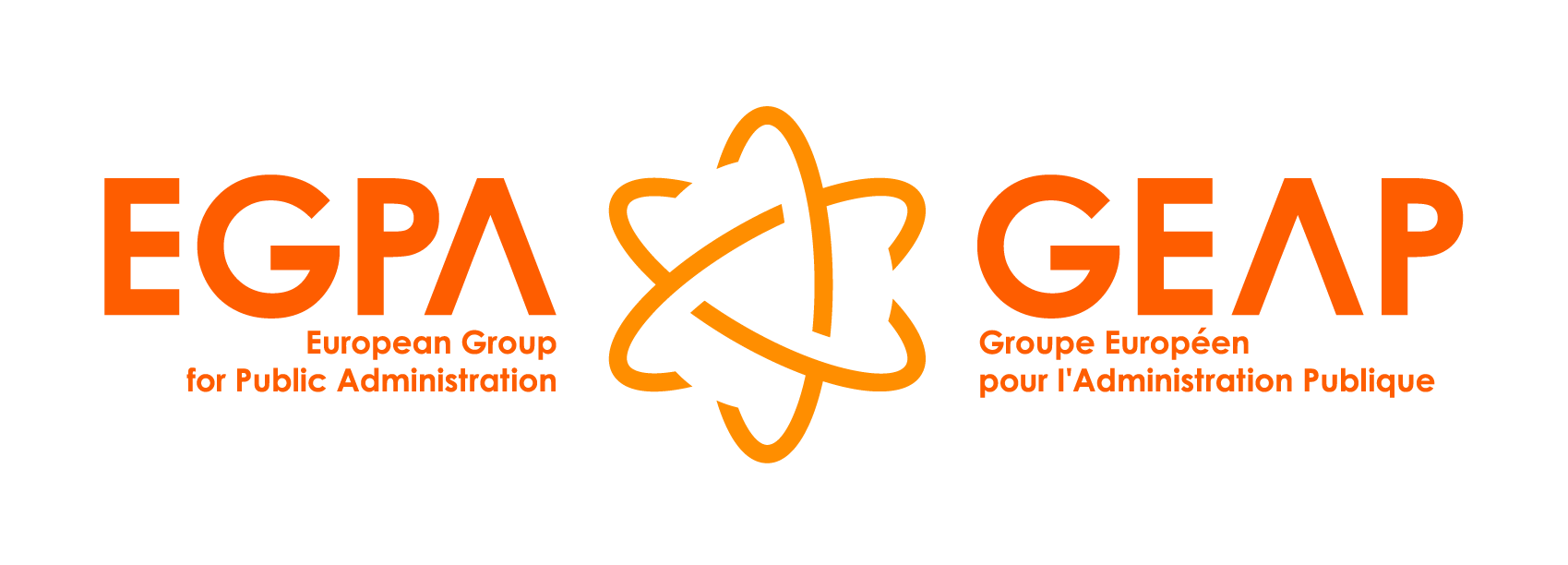

2022 Annual Conference of the European Group for Public Administration
Tue, 06 Sep 2022 - Fri, 09 Sep 2022
Portugal
EGPA Permanent Study Group XIII on Public Policy
The EGPA Permanent Study Group on Public Policy provides a platform for the study of public policy in the context of public administration. Its main purpose is to develop and strengthen the ties between
the fields of public administration/public management and political science/public policy by bringing scholars from these fields together. At the intersection between public policy and public
administration stands the bureaucrat who is the transmission belt between government and the governed, i.e. between the policy and its target population.
The EGPA-website features a mission statement of the Permanent Study Group XIII on Public Policy. After a successful launch in 2010 (Toulouse) and a continued range of workshops held in successive years, the Study Group will have its twelfth meeting at the 2022 EGPA conference in Lisbon. The topic of this year’s call for papers is compliance to explore the bureaucrats’ role in compliance ranging from policy design to service delivery and target group behavior.
Focus: Who complies how with what? Advancing compliance research in policy implementation
This year’s workshop of the Permanent Study Group XIII on Public Policy focuses on the wide field of compliance. We define compliance as (1) behavior that is (2) consistent with (3) policy directives (4)
from an authorized authority that (5) sets out specific, clearly defined standards and boundaries, (6) which are internally consistent, (7) clearly communicated, and (8) understood by the target population.
Public policies aim to alter behavior, and so depend upon targets’ compliance. While the multidisciplinary study of (non) compliance has developed significantly in recent years, both compliance and noncompliance have been rather ambiguously conceptualized and approached as homogenous phenomena. Moreover, the concept of compliance itself is contested, since it corresponds to a top-down view of policy implementation. To advance research on compliance and noncompliance, this year’s workshop aims to compare the conceptualization, operationalization, and antecedents of compliance in different disciplines and for different targets. We seek to address five interrelated blind spots in contemporary scholarship. First, compliance often is approached as a homogenous phenomenon, which overlooks key analytical dimensions of the concept, including, for example, aware vs. unaware and active vs. passive (non) compliance. We invite papers on the conceptualization, operationalization, and theorization of compliance and non-compliance in the diverse and growing compliance literature. Second, there is little dialogue across disciplinary lines.
Drawing on the special expertise of different disciplines in specific motivations for (non) compliance is a particularly fruitful area for cross-disciplinary dialogue and mutual enrichment. We invite papers to
fill this gap. Third, compliance research refers to multiple and varied types of targets. Targets of policy may be officials, street-level bureaucrats, and individual citizens. Targets may also be organizations,
including private firms, non-profit organizations, as well as sub-national governments. We invite efforts to draw theoretical links across target populations. Fourth, regardless of the discipline in which
it is studied, the central aim of most compliance research is to better understand what motivates and facilitates compliance and noncompliance, and in general, how rules shape behaviors. Hence, while
the motivations and barriers for compliance have been well-documented, we invite papers that study compliance as an independent variable—that is, its potential to trigger later modifications of policy.
Fifth and finally, in many ways, the concept of compliance with policy was born with the seminal distinction of implementation as a separate component of public policy by Pressman and Wildavsky
(1973). Yet because compliance captures the behavioral change expected by formal policy decisions, it should also be seen as a core element of policy design. We invite papers that incorporate compliance concerns into policy design.
Against this background, the workshop of the Permanent Study Group XIII on Public Policy to be held at the EGPA 2022 conference seeks papers that advance compliance research. PSGXIII is committed to theoretical and methodological pluralism and welcomes contributions from different conceptual frameworks, various analytic approaches, and diverse research designs that explore the current developments in policy bureaucracy around the globe. Our aim is facilitating a wide-ranging discussion of compliance and the role of public servants for it. The workshop invites both experienced and junior researchers to propose theory-based papers that shed light on the blind spots of compliance and implementation of public policy.
Procedure
We kindly invite researchers interested in the workshop theme to submit a short abstract (max. one page) outlining:
- the title of the paper;
- the research question, argument and contents of the paper;
- the research methods and empirical material used;
- name, affiliation, and contact information of the author(s).
Important dates
- Deadline for submission of Abstracts: April 30, 2022
- Deadline for notification to the authors: no later than May 20, 2022
- Deadline for online submission of full papers: August 10, 2022
- EGPA 2022 Conference: 6-9 September 2022
EGPA 2022 Conference website: https://www.egpa-conference2022.org/
EGPA 2022 Conference Management System: https://www.conftool.org/egpa-conference2022
For any questions regarding EGPA 2022, please contact us at: f.maron@iias-iisa.org











